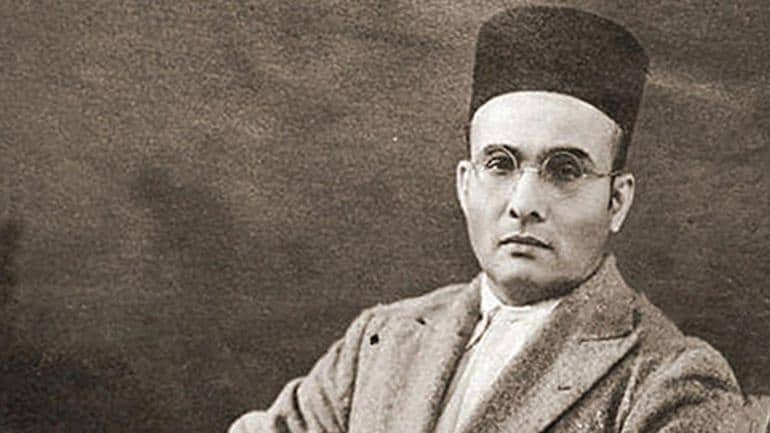
Karnataka Class 8 Textbook Claims Savarkar Used to 'Fly Out' of Jail on a Bird, Faces Flak
- Campus Updates
- 30 Aug, 2022
- 1111
A class 8 textbook in Karnataka has come under fire for a chapter on Vinayak Damodar Savarkar. In the revised high school curriculum, a passage in the Kannada textbook claims that Savarkar used to sit on the wings of a bird and fly out to his homeland every day during his imprisonment in the Andaman Jail.
“There was not even a keyhole in the cell where Savarkar was incarcerated. But, Bulbul birds used to visit the room, and Savarkar used to sit on their wings and fly out and visit the motherland every day," the Kannada passage read.
The textbook, in question here, is a second language book for class 8. The chapter introduces Savarkar to students and is followed by an extract from a travelogue by Kannada writer KT Gatti after his visit to the Andaman Cellular Jail. Savarkar was imprisoned in the Andaman Cellular jail between 1911 and 1924.
Several teachers have also objected to the paragraph and said that if the writer has praised Savarkar metaphorically, there is no objection, reported a leading news agency. The lines, however, have been written in a way that they appear to be literal fact. “It is very difficult to explain this to the students. In case the students ask questions and seek proof about this, how do we do it?” a teacher asked.
This is not the first time that the revision of the Karnataka school textbook by a review headed by Rohith Chakratirtha has come under fire. Opposition parties in the state have slammed the exercise claiming it to be an attempt at “saffronisation" of the school textbooks.
Earlier, the textbook revision had come under fire for removing lessons on Tipu Sultan. However, the state’s school education minister BC Nagesh later clarified that the chapter on the Mysuru ruler will continue to be part of the curriculum and only “inappropriate" parts will be removed. While, in July 2020, the state government dropped a chapter son Tipu Sultan as a measure to reduce 30 per cent of the class syllabus in wake of the COVID-19 pandemic.
